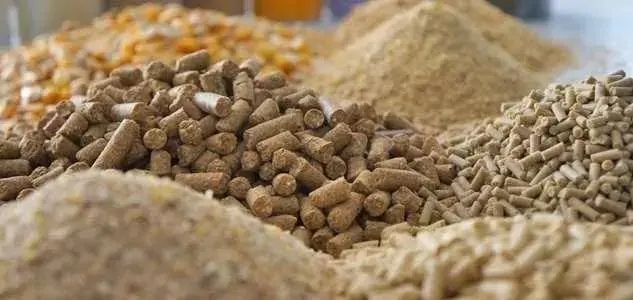Phospholipid additive
Time:2024-03-08
Adding phospholipids to animal feed improves body fat composition, increases slaughter yield, reduces abdominal fat, and enhances meat quality.
In the process of pig farming, phospholipid additives significantly improve the digestibility of dietary crude protein and energy, reduce diarrhea caused by poor digestion, promote metabolism, thereby improving weight gain and feed conversion rate. For weaned piglets, adding 3% phospholipids can increase daily weight gain by 6.8%, while saving approximately 5.4% of feed. In poultry production, such as broilers, adding 2% phospholipids to the diet can increase weight gain by 7%-10% and improve feed efficiency by 5%-8%. For laying hens, feeding a diet containing 1.5% phospholipids can increase egg production by 9.9% and improve feed efficiency by 9.2%.
Phospholipids can serve as nutritional additives for livestock and poultry, providing essential nutrients. Additionally, phospholipids have antioxidant effects, protecting fat-soluble vitamins and unsaturated fatty acids in feed, extending the shelf life of feed, reducing powder loss and consumption during the extrusion process, thereby improving the digestive utilization of fat in the feed. The nutritional components in phospholipids, such as phosphatidic acid, glycolipids, proteins, neutral plant oils, also contribute to enhancing the nutritional value of the feed.
As a feed additive, phospholipids significantly improve the absorption rate of fat-soluble substances in the feed. When the fat content is high, fat-soluble substances such as fat-soluble vitamins and pigments are more easily absorbed.
Phospholipids, as a feed additive, offer multiple advantages such as improving body fat composition, increasing production efficiency and feed conversion rate, providing nutritional support and antioxidant effects, and promoting the absorption of fat-soluble substances. Therefore, adding phospholipids to feed production can enhance the quality of feed and the growth performance of animals.


 CN
CN





